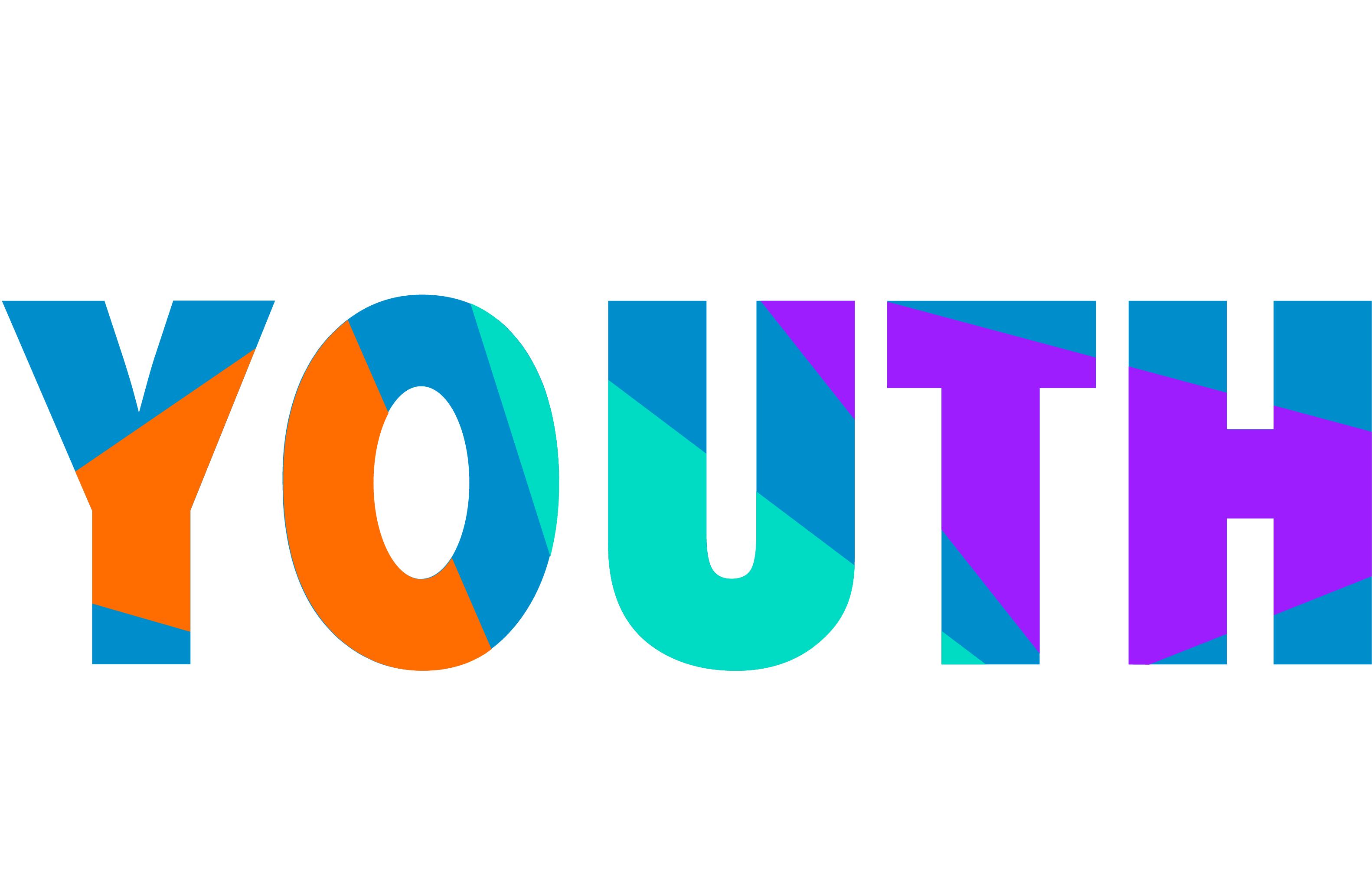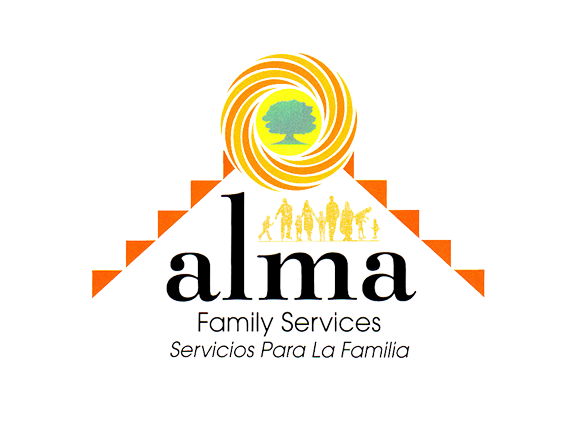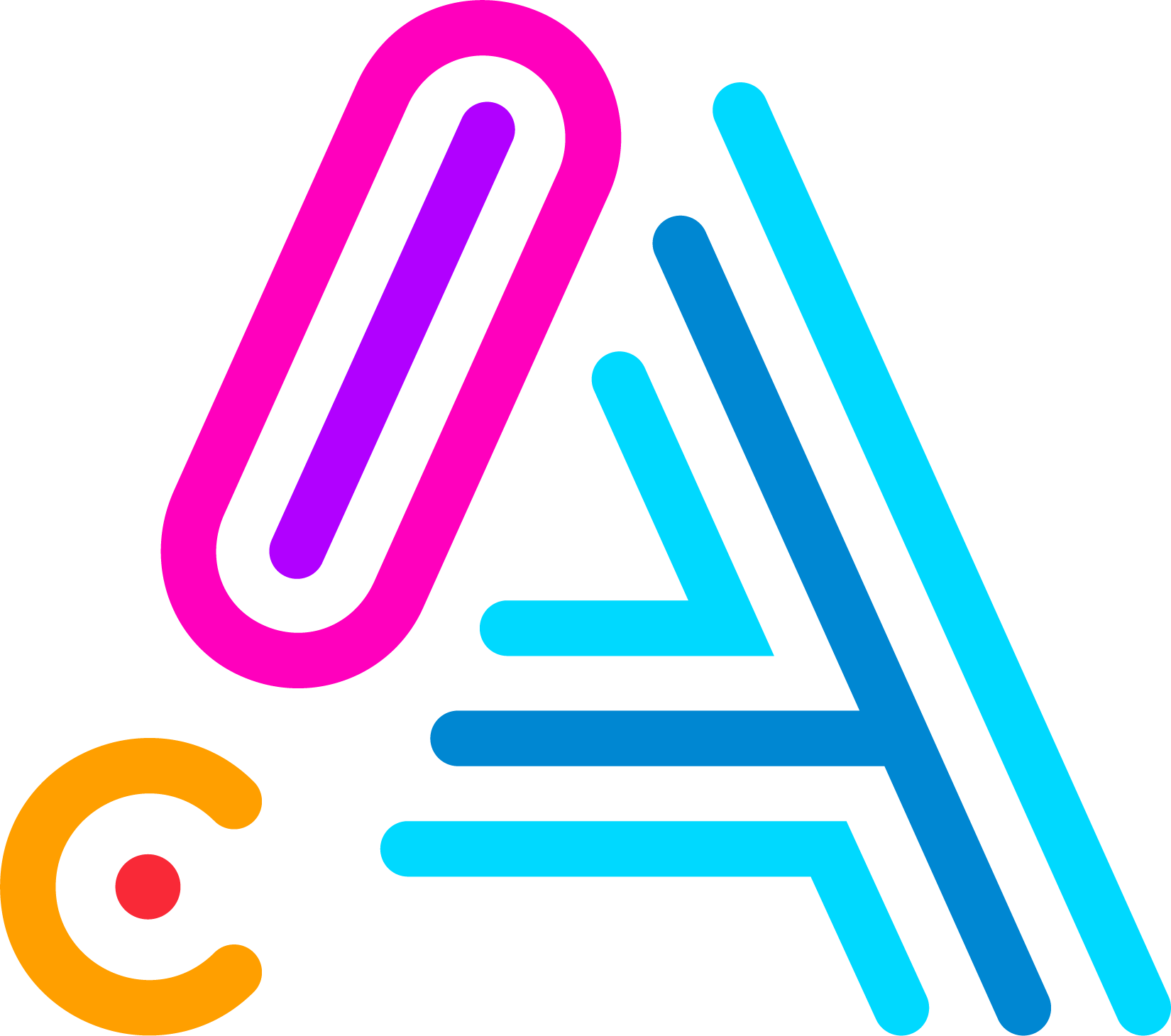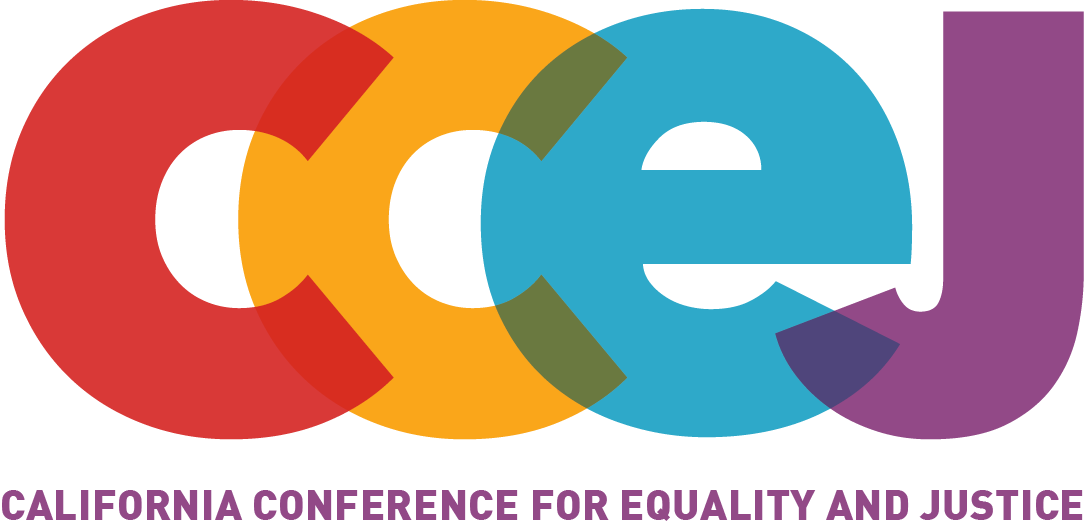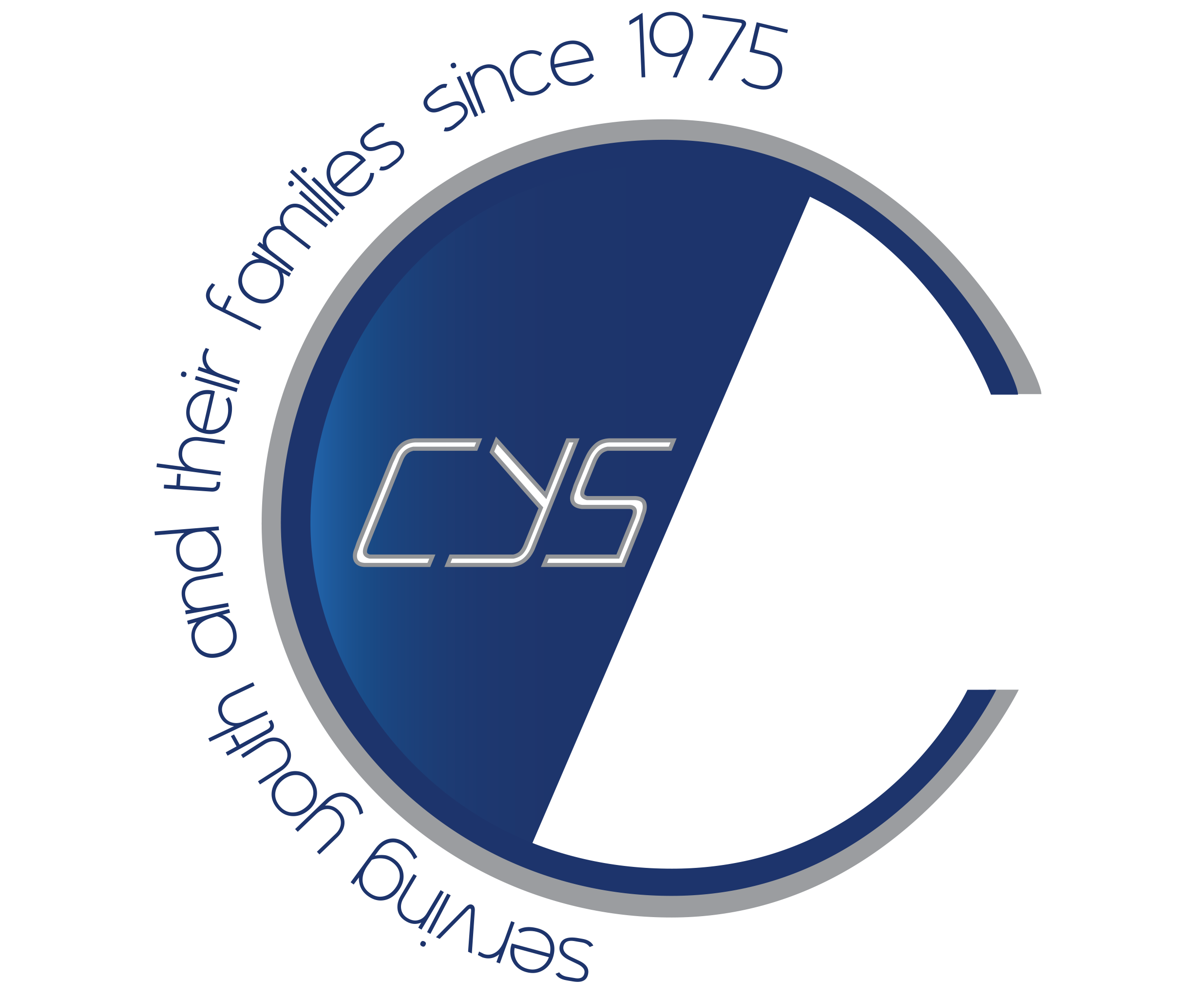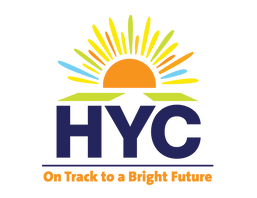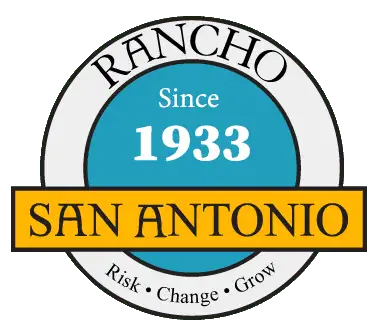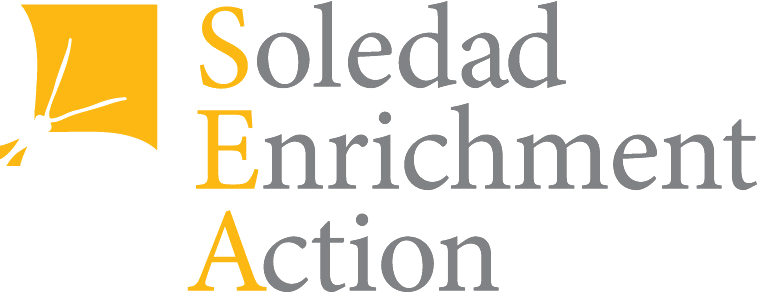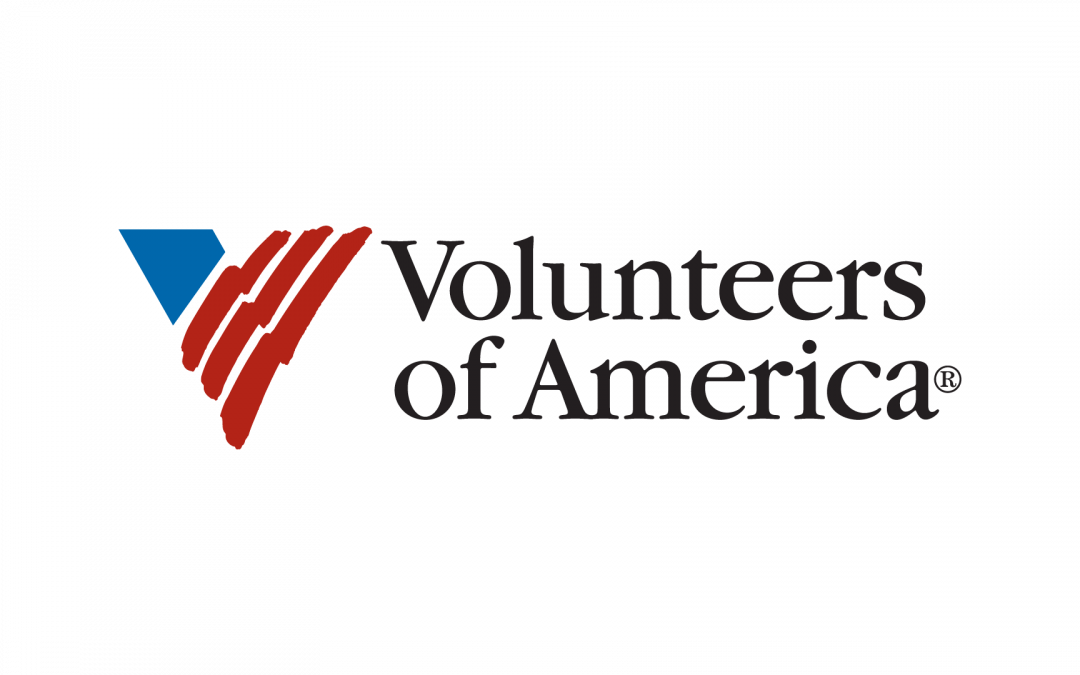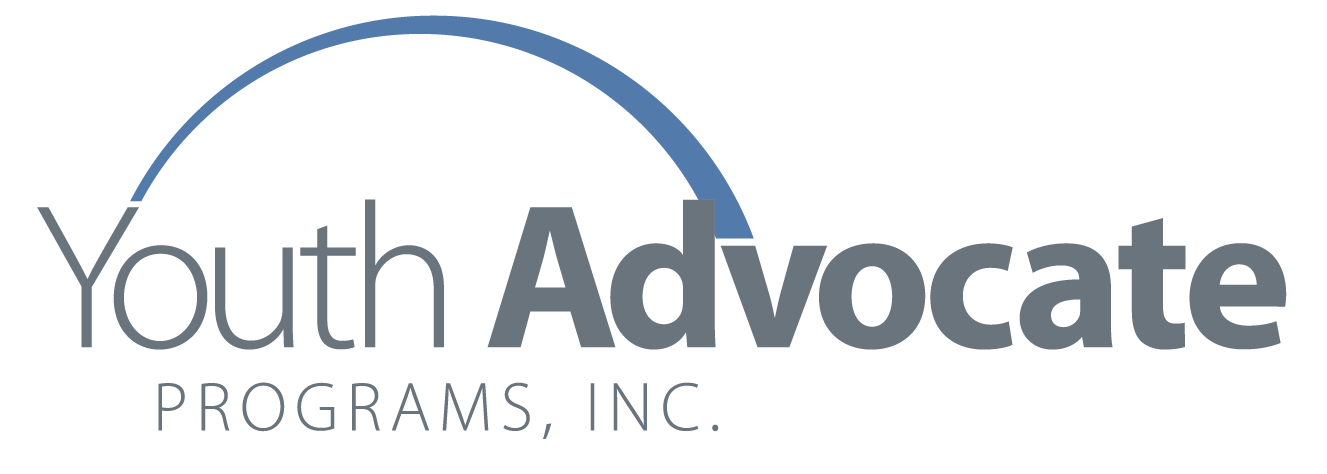YOUTH DIVERSION
DYD connects youth with community-based diversion and restorative justice as an alternative to arrest, citation, and court involvement.
NEW! Evaluation Report
RDA Consulting completed a comprehensive evaluation of the DYD Youth Diversion and Development program and the evidence is undeniable: community-based youth diversion and development works! Click here to read the full report, which includes outcomes, equity, and cost benefit analyses, as well as Youth Participatory Action Research that centered youth voices and made the evaluation even more meaningful! Check out an extended summary of the findings and recommendations here and a one page summary here.
What is Diversion?
When a young person is stopped by a law enforcement officer for an alleged offense, they are referred to a diversion provider based in their community for healing, support, and development opportunities. The young person works with a case manager to set their own goals and design a diversion plan. Each diversion plan is unique: one youth may benefit from three months of art classes while another may benefit from 9 months of restorative justice circles and tutoring.
Providers consider each young person’s circumstances from a holistic perspective to define completion of the program. Young people who complete a diversion program will not have any criminal record related to the incident that took place. This model is informed by growing evidence on best and promising practices for supporting youth wellbeing and improving community safety. We are proud to be in the process of expanding these services countywide.
What is Community-Led Youth Diversion?
Learn more about how youth diversion works and how it can benefit youth and communities! This short video produced by the Annie E. Casey Foundation describes a model for community-led diversion and development for youth who otherwise face justice system involvement.
Jaaz’s Story: The Impact of Youth Diversion
Learn more about the Department of Youth Development’s approach to young people, including our Youth Diversion model, by listening to Jaaz’s story about his experience participating in the program with Soledad Enrichment Action in the Antelope Valley.

Outcomes, Equity, and Cost Benefit Analysis
RDA Consulting completed a comprehensive evaluation of the DYD Youth Diversion and Development program and the evidence is undeniable: community-based youth diversion and development works! Click here to read the full report, which includes outcomes, equity, and cost benefit analyses, as well as Youth Participatory Action Research that centered youth voices and made the evaluation even more meaningful! Check out a summary of the evaluation findings and recommendations here.
How Does DYD Support Diversion?
DYD funds community-based organizations throughout Los Angeles County to provide youth diversion services. We coordinate partnerships between these providers and law enforcement agencies, probation, and the DA, who refer young people in lieu of arrest or filing a petition. When a young person is stopped by a law enforcement officer for a low-level alleged offense, they may be informally referred to a diversion provider. If it’s a high-level alleged offense like grand theft or assault, they may be formally diverted.
Young people can be referred to diversion providers at several points in their interaction with the criminal justice system.
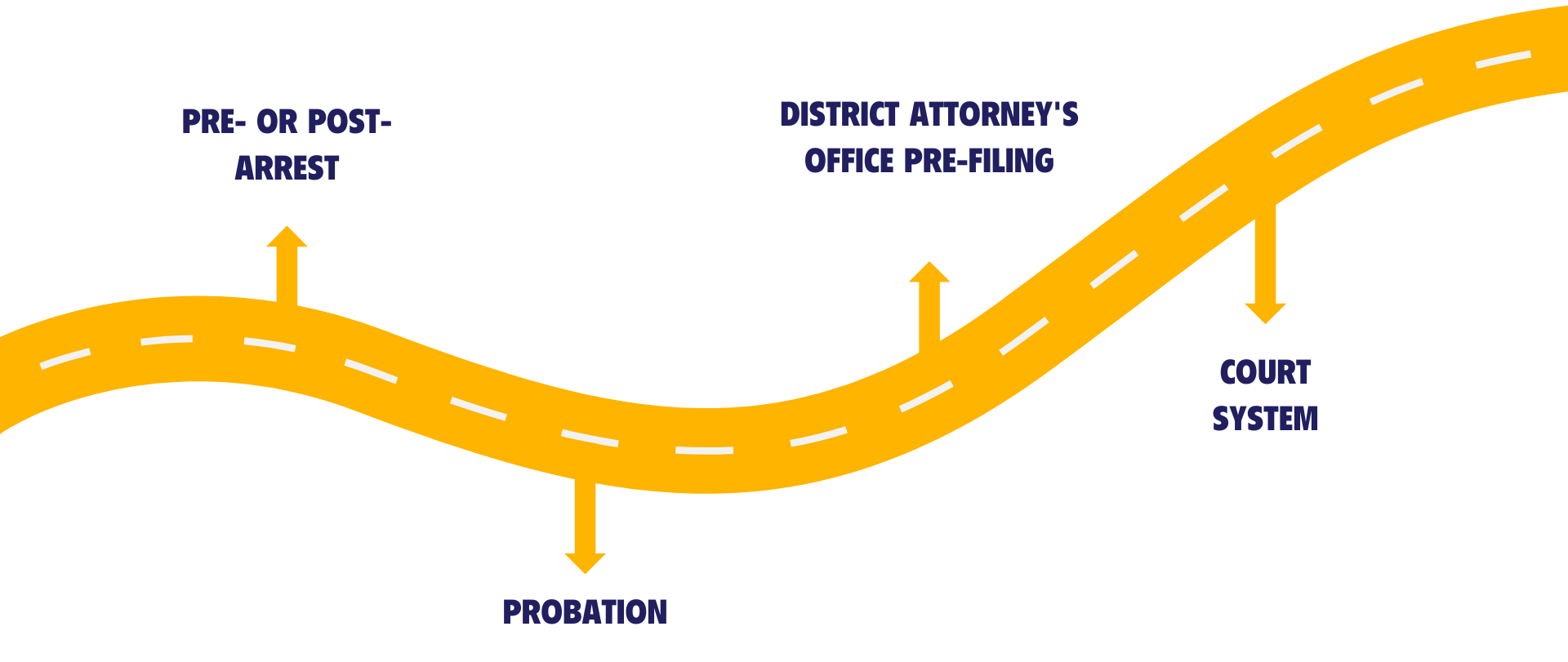
Diversion Services
Restorative Justice
Care Coordination
Art Activities
Music Activities
Career Support
Education Support
Mentorship
Leadership
Sports Activities
Physical Health
Mental Health
Substance Use Treatment
What is Restorative Justice?
Restorative justice practices encourage constructive responses to wrongdoing by bringing those who have harmed, their victims, and affected communities into processes that help youth take accountability for their actions, repair the harm they have caused, and rebuild relationships with those who have been harmed.
Youth Testimonials
“It helped with really accepting myself again, really bringing back my relationship with my parents, slowly getting my parents’ trust back.”
“It was a useful program to help me get through my decision and amend and bring back the relationships I had damaged, especially through the restorative justice circle, that was helpful.”
“It really supported my mental health. I felt like I had ruined so many opportunities for myself and they helped me see the light at the end of the tunnel.”
Diversion Data
Each quarter, we publish data dashboards to update our partners and communities on the process and impact of diversion on participating youth. We are committed to equity-centered evaluation and transparent data ethics and are always working to improve our approach to advancing racial equity and youth development through youth diversion. A snapshot of diversion for DCFS-involved youth can be found here.
